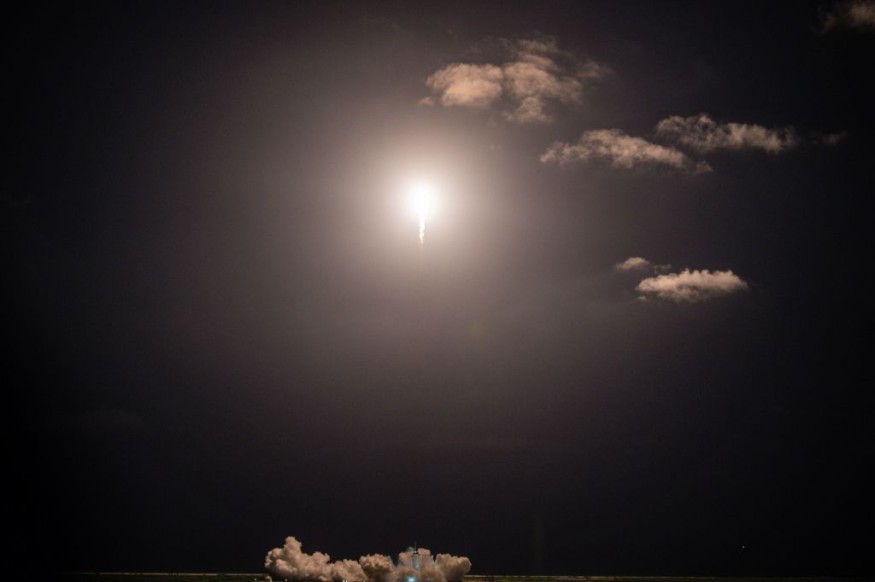Satellite pollution is worrying astronomers for its potential to alter our view of the night sky, especially ground-based telescope observations. T
he overcrowding of satellites above Earth's orbit may also block our view of incoming space rocks, especially planet-killing asteroids.
Over recent decades, the number of active satellites has significantly increased since the onset of advancement in human technology, notably in the areas of internet technologies, digital communication, the internet, television and radio broadcasting, and satellite signal.
The United States, Russia, and China have been the leading countries when it comes to satellite technology and space exploration.
With the advent of space technology shifting toward the private sector, companies like SpaceX have been reported to amass a number of satellites that were never seen before.
Satellite Pollution

Satellites improve our internet signal when we use our mobile phones and other electronic gadgets, as well as provide an accurate global positioning system (GPS) to determine an individual or an object's location in relation to time and distance.
However, the increasing number of satellites has caught the attention of experts, and current debates have emerged that the excessive amount of satellites may result in either positive or negative effects, including an obstructed view of the night sky.
The so-called "satellite pollution" is a new term being used by astronomers to depict the rapidly growing number and overcrowding of satellites situated hundreds of miles above Earth.
Similar to an urban population or road traffic, satellites can also cause certain hazards in the field of astronomy.
Increasing Satellites
There are tens of thousands of small satellites that are orbiting the Earth right now, and these space technologies have a variety of usage, including for civilians, governments, and the military, according to the company Dewesoft, a leading prover of high-end data acquisition systems (DAQ).
These space objects are only situated 483 kilometers (300 miles) above Earth.
This entails that their proximity to Earth makes them easily visible, especially during evening hours from the ground as a vantage point.
According to a paper published in The Astronomical Journal in December 2021, Samantha Lawler from the University of Regina in Canada, along with two other astronomers, stated the number of "active satellites" has exponentially increased from over 1,000 in 2017 to more than 5,000 currently.
If the uncontrolled placement of satellites continues, one out of every 15 points of light in the night sky will consist of a moving satellite in less than a decade, says Lawler.
SpaceX Starlink
SpaceX CEO Elon Musk has been reportedly responsible for around 33% of active satellites on our planet's orbit, as per Dewesoft.
In addition, SpaceX has launched more than 2,000 satellites as part of its new generation of the mega-constellation project Starlink.
Musk is also planning to add at least 42,000 others into space as part of its second-generation of Starlink satellites, as per CNN.
This makes the number of launched satellites by SpaceX to be greater than any company or country, including the United States, according to the US media agency.
Pros and Cons
Although satellites, including Starlink, provide benefits including a faster internet connection, especially for people in rural or war-torn parts of the world, a series of downsides have emerged when it comes to the security of the planet.
In February, the National Aeronautics and Space Administration (NASA) has raised its concern that the second generation of Starlink satellites may affect asteroid detection, as cited by Space.com.
NASA has been at the forefront of tracking potentially threatening asteroids for several decades.
With satellite pollution obstructing our view of space, NASA claims that the said blockage of satellites from potentially incoming planet-killing celestial objects may contribute to ending life on Earth as we know it.
Related Article: Mini-Satellites to be Launched to ISS to Study Earth's Thermosphere
© 2025 NatureWorldNews.com All rights reserved. Do not reproduce without permission.





